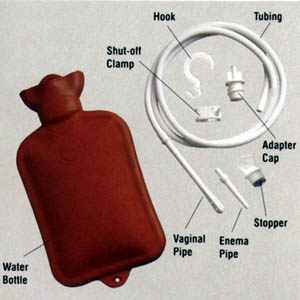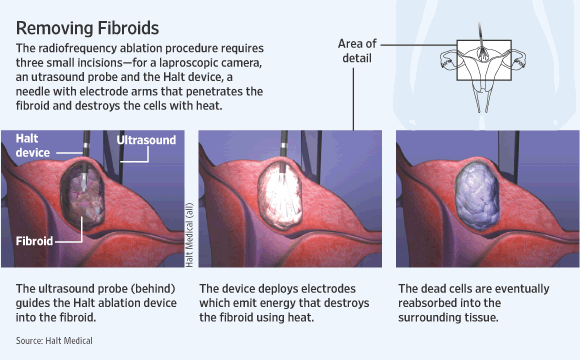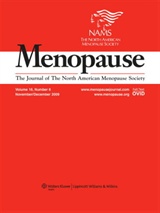
by Elizabeth Kissling | Jan 25, 2010 | Anatomy, FemCare, New Research
Remember my rant about “vagina wash” back in November? No? I’ll wait while you read it. Anyway, it’s not just a political rant: there are new data that indicate that douching probably causes bacterial vaginosis. A research team studying the...
by Elizabeth Kissling | Jan 21, 2010 | Anatomy, DIY, Menstruation, New Research, Reusable menstrual products
Because the endometrium, the lining of the uterus, regenerates each month, some researchers believe menstrual blood may be a viable source of stem cells. Stem cells have been found in the uterine lining, although it is uncertain whether healthy, viable stem cells are...
by Elizabeth Kissling | Jan 20, 2010 | Dysmenorrhea, Menstruation, New Research, Pharmaceutical
A new meta-analysis of previous research on acetaminophen (also known as paracetamol outside the U.S.) vs. NSAIDs (nonsteroidal anti-inflammatory drugs) for treatment of menstrual pain indicates that NSAIDs are more effective. NSAIDs include aspirin, ibuprofen, and...

by Elizabeth Kissling | Jan 18, 2010 | Health Care, Menorrhagia, New Research
Tuesday’s Wall Street Journal reports a new surgical technique for relief of uterine fibroids is currently being tested at six medical centers in the U.S., along with two in Mexico and one in Guatemala. Presently, the only sure cure is hysterectomy, because...

by Elizabeth Kissling | Jan 5, 2010 | Menopause, New Research, Pharmaceutical
As we have often noted here, one of the key reasons the marketing of hormone therapy for menopausal women has been so successful is the misguided belief that menopause is an estrogen-deficiency disease. Among other purported disadvantages of the decline in estrogen...

by Elizabeth Kissling | Dec 29, 2009 | Girls, Internet, Menarche, New Research
Janice Horowitiz’ “Dueling Docs” feature at Huffington Post today is about the issue of girls reaching puberty at increasingly earlier ages than previous generations. Both Dr. Alisan Goldfarb and Dr. Stephen Safe talk about endocrine disruptors such...






